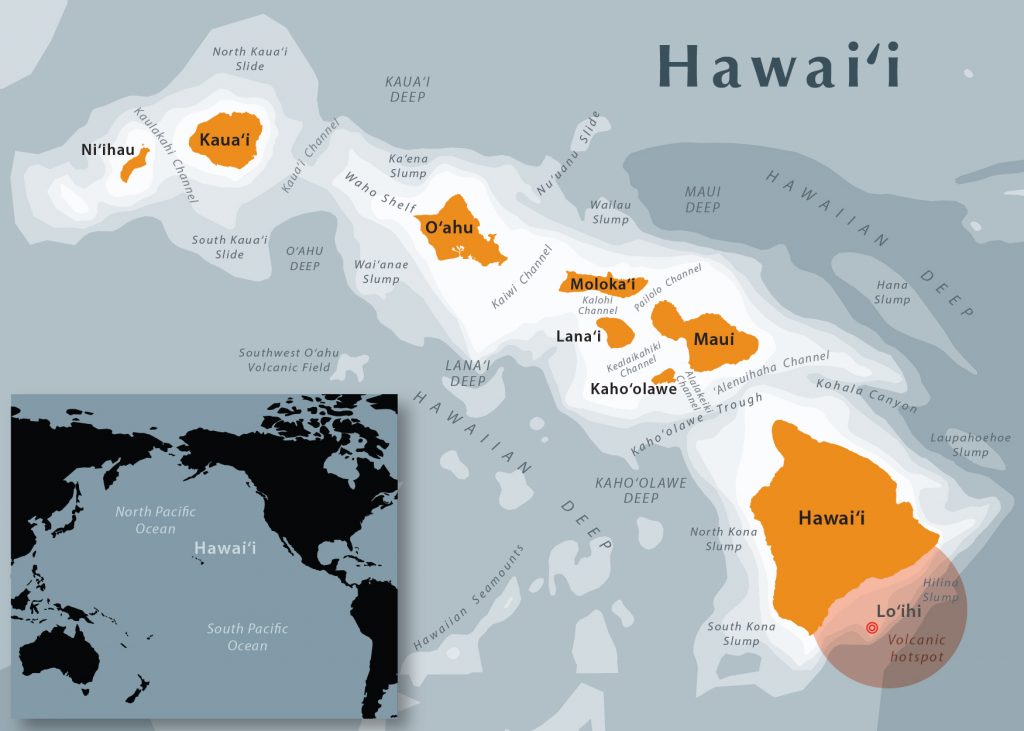As we continue moving through the alphabet and country learning about the cannabis testing lab regulations in each state, we’ve found that a state’s legislative involvement in testing varies greatly. As each state continues to forge their own path through the complicated space of federal illegality, testing compliance seems crucial to us. Surprisingly, we’ve now found that both Arizona and District of Columbia have absolutely no regulations on testing the cannabis in their states. Read on to learn the surprise state with the most stringent testing regulations in this set.
Delaware
When applying to open a compassion center (dispensary) in Delaware, business owners must provide detailed testing procedural plans for their cannabis alongside their application to open a compassion center as stated by the State of Delaware Medical Marijuana Code. After this application is accepted, the state will assume that the compassion center is abiding by their own set regulations. The procedures that Delaware pays attention to are: whether the testing is in our out of house, how the marijuana will be transported in connection with the testing, what tests will be conducted (including the procedures), how results are tracked, how samples are disposed of, and the selection process for the samples.
District of Columbia
DC currently doesn’t require any laboratory testing on medical or recreational cannabis for sale in the state.
Hawaii
The Hawaii State Department of Health has created laboratory standards & testing as well as certifications of laboratories in the island state. Chapter 329 of their doctrine is labeled ‘Medical Marijuana Dispensary System’. The department both establishes and enforces laboratory testing for content, contamination, and consistency of a specific product. They also certify laboratories to test marijuana and cannabis products prior to sale or manufacturing.
Illinois

The state has set fungal limits for the microbial tests based on a colony forming units/gram as set out in the American Herbal Pharmacopoeia Monograph. The table regarding these limits as well as the mycotoxin levels permissible can be found in section 1000.510 of the administrative code on laboratory testing. To pass, a sample must test under 10 ppm of residual solvents and pesticides must adhere to the most current regulations regarding chemical pesticide residue in foods according to subpart C of the USEPA’s regulations. After completing testing the laboratory must file an electronic copy for any sample that has failed the pesticides, residual, microbial, or mycotoxin testing. In addition, the laboratory must keep this file on record for up to five years, making it available if the Department asks at any time. Cultivation centers must provide every dispensary with a lab test result for every batch of cannabis. Every dispensary must make these results available to patients or caregivers upon purchase.
Maine
All laboratory regulations in this state were set in 2013 under the document Rules Governing the Maine Medical Use of Marijuana Program and mostly deal with pesticides and use of the term Organic. First of all, Organic means that and accredited Organic certifier in the State of Maine has certified the product. It should also be in compliance with the United States of Agriculture certification requirements. The produced, manufactured, and finished products must be certified as consistent with national organic standards in compliance with the United States of Agriculture. Pesticides are prohibited unless on the federal registration requirements pursuant to 7 U.S.C. § 136w (b) and registered to the Maine Board of Pesticides Control. The department may obtain, possess, and perform laboratory testing on marijuana from registered dispensaries. Dispensaries are responsible for the cost of all laboratory testing set forth by these rules.











